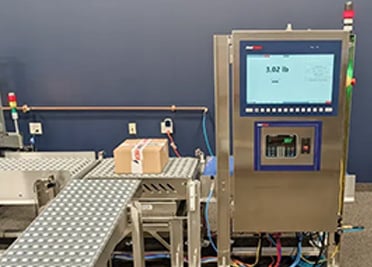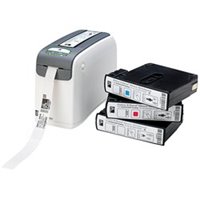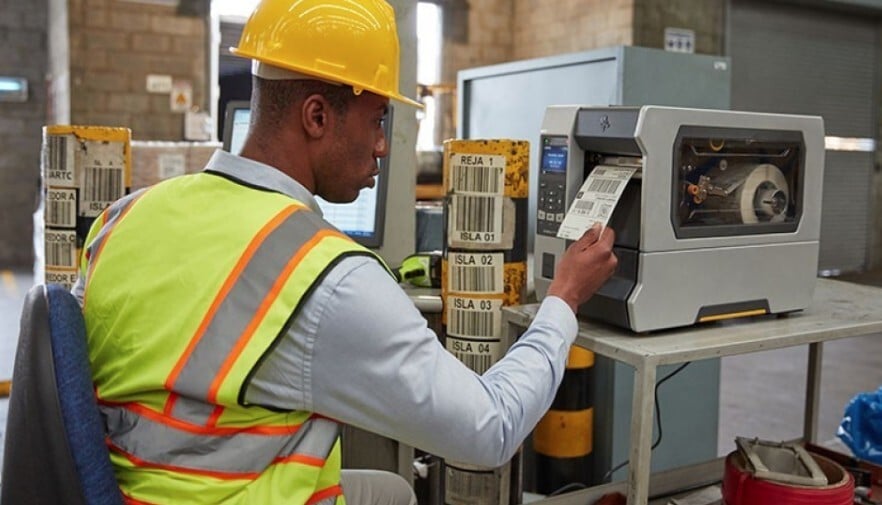That’s a question you should be asking yourself regularly. Every day more and more of our lives and our jobs are stored in the digital realm. Your company’s secrets are likely all sitting on servers at this very moment, just waiting to be exploited by a malicious hacker.
Many small businesses, and even large ones, do not have an IT security team. Most of these companies think “No one would ever hack our servers, we’re too small and have nothing they would want!”. Nothing could be further from the truth.
Is your client database worth nothing? Your expense reports? The formula for the secret sauce that makes your company unique amongst your competitors? The social security numbers of every employee registered with Human Resources? What about when you checked Facebook at work and entered your password there (real quick, of course, it’s not like you would be wasting time on social media at work!)? Ever checked your bank balance before leaving for the day so that you know how much you can pick up at the grocery store on the way home?
All those things leave a digital trail. One ambitious person with a $100 laptop in the middle of a city a thousand miles away could be grabbing all of that information at this very moment, all because no one ever bothered to think about the security of the guest lobby wireless router. One simple mistake and suddenly everyone at the company has five new credit cards in their name, all registered to an address in Abu Dhabi.
So what can you do to combat this? Here are a few tips for small changes you can make to your network infrastructure that will help make it more secure:
- Separate your company intranet from your outward facing networks - Hackers can’t target something they can’t actually reach. This is about making sure that your intranet, the one with your company’s servers on it, isn’t accessible from outside the company. The downside to this one is that employees working from home won’t be able to access it either.
- Use enterprise level WLAN security - When using personal security mode on most wireless routers, you are putting guests and employees on the same level of access, which can allow visitors to stumble across information they shouldn’t and opening yourself up to attack. With enterprise mode, you are using encryption keys that are significantly harder to crack and allow you to control levels of access for all users.
- Unique encryption keys - Another aspect of enterprise level security is that the unique encryption keys assigned to each user prevents even employees with the same level of access from being able to eavesdrop on each other’s network traffic.
- Require strong access passwords - Gone are the days of passwords like “PASSWORD” or “GOD”, but people still consistently use passwords that can be easily guessed. Make it a requirement that they use more advanced types of passwords. Make it mandatory to include special characters and give a minimum character limit.
- Lock down the operating environment - One of the most widely used ways for individuals to gain access to a company’s information is through malware. This is software that is installed by an employee, often without their knowledge but sometimes intentionally without realizing what it is, that attacks the network from within. By requiring administrator rights to install any software, you will be cutting off one of the fastest ways into your company’s servers.
These are just a few of the many ways that you should be securing your company’s valuable data. So when you ask yourself if you’re ready to face the hackers of the world, how confident do you feel?
If you are unsure of whether or not your company’s infrastructure is indeed secure, you need to call in the experts. Luckily, AbeTech can help! We perform site surveys, walk you through the integration of numerous wireless products and check your network’s security every step of the way. Don’t think of us as simply a resource for finding the right tool for the job, think of us as partners in ensuring that your business is successful and secure.










